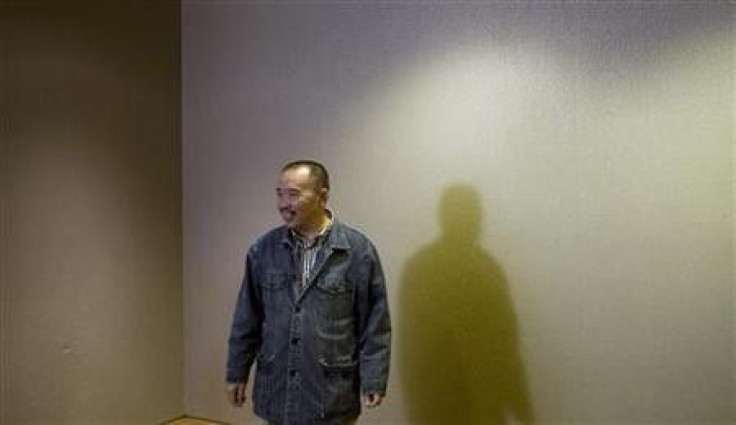Man deported from Canada admits crimes: China

China's most wanted man, who was deported from Canada in July after a decades-long legal battle, has admitted to his crimes and will now be handed over to prosecutors, state media reported on Friday.
Beijing had sought the deportation of Lai Changxing for years, accusing him of running a multi-billion dollar smuggling ring in the southeastern city of Xiamen in the 1990s in one of China's biggest political scandals in decades.
Nothing has been heard of him since he was returned to China over the summer.
A brief report on state radio's website (www.cnr.cn) said the probe into his crimes had finished and that Lai would now be handed over to Xiamen prosecutors.
Lai Changxing and other mainstay members of his criminal clique candidly confessed the facts of their smuggling and bribery crimes, state radio said.
The legal rights of Lai and the other suspects were fully guaranteed, with Lai able to meet with his lawyer, the report added.
The investigation team carried out the probe fairly and in accordance with the law, it said.
Lai may face life imprisonment, state media has reported. But some legal experts and human rights activists have said it was unlikely Lai could receive a fair trial in China.
The report did not say when Lai's case may come to trial.
The probe found that between 1996 and 1999, Lai and his accomplices smuggled cars, oil, chemicals, cigarettes and other goods and bribed dozens of government officials, state radio added.
The figure involved was enormous, it said, without providing other details.
Lai, whose case had plagued Sino-Canadian relations, was sent back after a Canadian court dismissed concerns he could be tortured or executed back home.
Lai fled to Canada with his family in 1999 and claimed refugee status, saying the allegations against him were politically motivated.
China had promised Canada Lai would not be tortured or executed and that Canadian officials would have access to him.
Lai's alleged crimes occurred in the special economic zone of Xiamen in Fujian province in the mid-1990s when Jia Qinglin, now the ruling Communist Party's fourth most senior leader, was the province's Party boss.
Beijing has accused Lai's business empire, the Yuanhua Group, of bribing officials to allow a massive smuggling ring in a scandal that implicated more than 200 senior figures, including Jia's wife, Lin Youfang. She denied any wrongdoing.
Lai admitted in a 2009 interview with Toronto's Globe and Mail newspaper that he had avoided taxes by exploiting loopholes in the law, but he denies bribery charges. He said he would have been executed had he not been in Canada.
China put more than 300 suspects on trial and sentenced 14 to death, including provincial officials and a former vice minister of public security, in a case Beijing has used for a propaganda campaign against corruption.
© Copyright Thomson Reuters 2024. All rights reserved.











